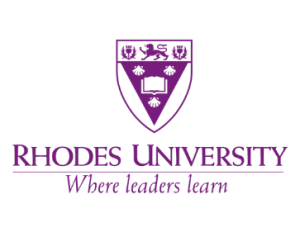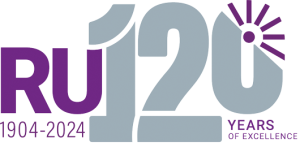Rhodes University is delighted to announce the hosting of the transformative Makhanda Education Summit, led by Vice Chancellor Prof Sizwe Mabizela. Scheduled for the 27th and 28th of January, this pivotal event is set to enhance the educational landscape of Makhanda, focusing primarily on early childhood development (ECD) and primary and secondary schooling phases.
In the wake of Makhanda’s commendable performance in the 2023 matric examinations, where the city achieved an
80% pass rate and over 300 Bachelor passes among 824 candidates, the summit aims to capitalise on these successes. With a hyper-local focus, the event is designed to foster partnership and collaboration, seeking innovative strategies to benefit the local education sector further and improve overall educational outcomes in Makhanda.
Anticipated to be a city-wide convergence, the summit will welcome participants from local schools, educational nonprofit organisations (NPOs), Makana Municipality leadership, Eastern Cape Department of Education representatives, and various institutions, including Rhodes University, that have supported the education sector. This event is a manifestation of the Vice-Chancellor’s Initiative (VCI), a collaborative educational development partnership involving Rhodes University’s Faculty of Education, the Rhodes University Community Engagement (RUCE) office, the Centre for Social Development (CSD), and NGOs such as GADRA Education and the Makhanda Circle of Unity. The summit aims to bolster city-wide educational partnerships and celebrate the significant achievements of these organizations over the last decade.
Over the past eight years, the Vice-Chancellors Initiative (VCI) has played an essential role in supporting various
education projects that have improved the outcomes of some schools in Makhanda, leveraging partnerships with
entities such as the Rhodes Business School to provide leadership development support for schools in the city and
increased the number of local students who can access higher education learning at Rhodes University. This summit
marks an important reflection point of the work done over the years and inculcates stronger partnerships for the years to come.
The two-day event will commence with an opening address by Prof Sizwe Mabizela, followed by presentations from
the Summit Planning Committee, which has conducted thorough situational analyses of the ECD, primary, and
secondary school phases in the latter half of 2023. Participants will engage in various sessions to deliberate on these
findings and explore additional developmental opportunities.
Summit Details:
- Date: 27 and 28 January
- Location: Eden Grove Building, Rhodes University
- Time: 09:00
- Contact: Sakhe Ntlabezo – s.ntlabezo@ru.ac.za

